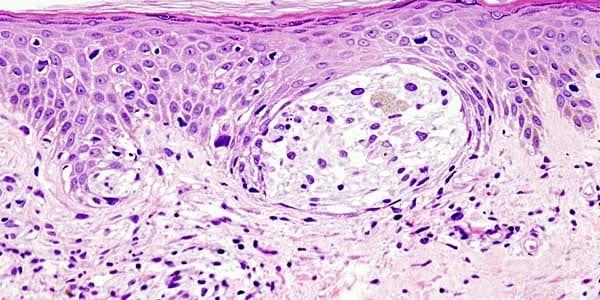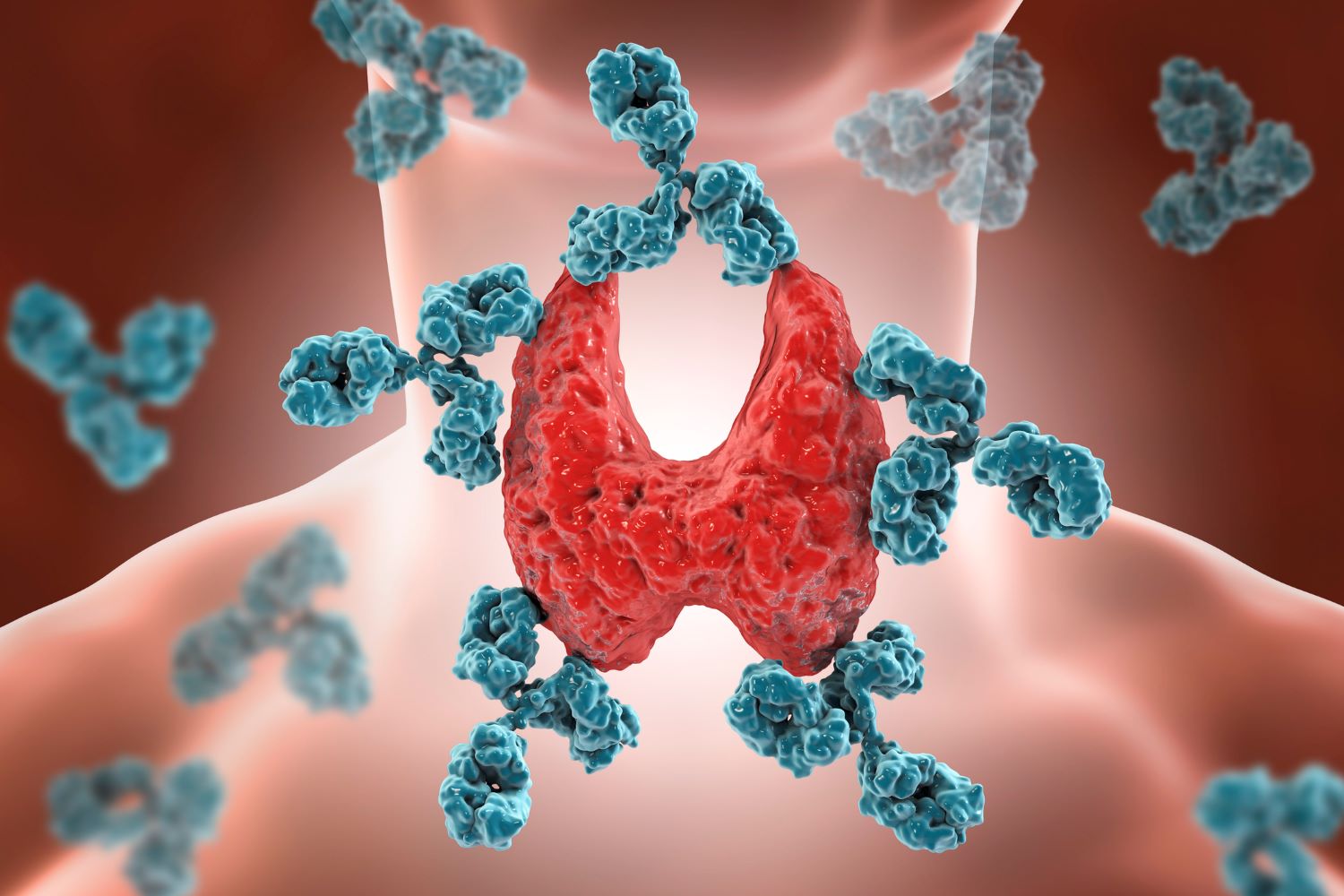The following is a summary of “Weekly Somapacitan is Effective and Well Tolerated in Children With GH Deficiency: The Randomized Phase 3 REAL4 Trial,” published in the December 2022 issue of Clinical Endocrinology & Metabolism by Miller, et al.
Children with GH deficiency (GHD) got somapacitan, a once-weekly reversible albumin-binding GH derivative. For a study, researchers sought to compare somapacitan’s effectiveness and safety against those of daily GH.
REAL4 was a phase 3 study that was randomized, international, open-labeled, active-controlled, and lasted 52 weeks with a 3-year extension. About 200 individuals without prior therapy were exposed and randomized. Somapacitan (0.16 mg/kg/wk) or daily GH (Norditropin; 0.034 mg/kg/d) were delivered subcutaneously to patients in a 2:1 randomization. Annualized height velocity (HV; cm/y) at week 52. HV SD score (SDS), height SDS, bone age, IGF-I SDS, patient-reported outcomes, and safety measures were among the other evaluations.
For somapacitan and daily GH, the estimated mean HV at week 52 was 11.2 and 11.7 cm/y, respectively. There was proof of noninferiority. Between treatment groups, the changes in HV SDS, height SDS, bone age, and IGF-I SDS from baseline to week 52 were comparable. Mean IGF-I SDS values were comparable across treatment groups at week 52 and were within the normal range (-2 to +2). Somapacitan’s safety was in line with the well-known daily GH profile. Somapacitan (5.3%) and daily GH (5.9%) both had low incidences of injection-site responses. From week 52 to week 0, both therapies lowered illness burden similarly, although somapacitan showed a higher reduction in treatment burden.
In treatment-experienced children with GHD, somapacitan showed equivalent effectiveness to daily GH during a 52-week period of therapy with comparable safety and mean IGF-I SDS levels.
Reference: academic.oup.com/jcem/article/107/12/3378/6692283


















